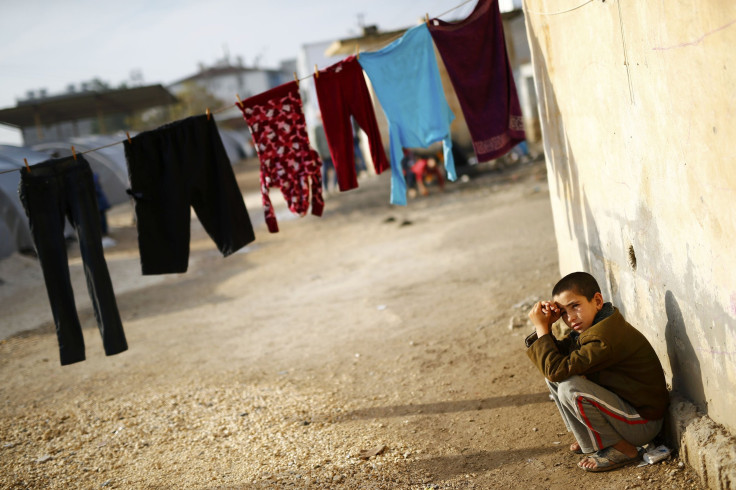UN Refugee Agency Launches Campaign To End Statelessness In 10 Years

The United Nations Refugee Agency, or UNHCR, kicked off a 10-year global campaign to end the “scourge of statelessness” on Tuesday, according to a statement released by the U.N. agency. According to U.N. estimates, at least 10 million people worldwide are currently stateless, and every 10 minutes a baby is born stateless.
“Statelessness makes people feel like their very existence is a crime,” Antonio Guterres, the U.N. High Commissioner for Refugees, reportedly said. “The most well-known and well-discussed case in the world is the Rohingyas in Myanmar with more than 1 million people, which, of course, are not granted citizenship…they are considered to be illegal migrants from Bangladesh. But, if you go to Bangladesh, they will be considered to be illegal migrants from Myanmar, which means that the overwhelming majority of the Rohingyas have no rights, no citizenship at all.”
The U.N. campaign, named “I Belong,” aims to end the plight of millions of people who have no nationality and are deprived of all rights of citizenship, the statement said.
In an open letter published on Tuesday, UNHCR said that because stateless people legally do not exist, “statelessness can mean a life without education, without medical care, or legal employment.
“The main reason people are stateless is because of discrimination. Because of their ethnicity. Because of their religion. Because in some countries women cannot pass their nationality on to their children,” the letter said.
Guterres also said that a “new risk of statelessness” had emerged with a growing number of conflicts in African and Middle East nations. He reportedly added that the problem was particularly severe in Syria, which did not allow women to confer their nationality upon their children. As a result, children born to Syrian refugees in Lebanon and Jordan are not registered at birth if their fathers have been killed or are missing.
“We have been working with the governments in order to facilitate the procedures to allow for Syrian children to be registered and there is indeed a lot of progress on that… At the present moment, 70 percent of the newborn Syrian refugees in the neighboring countries have not yet been registered,” Guterres reportedly said.
However, UNHCR said, in the statement: “With enough political will, UNHCR believes statelessness can be resolved. And unlike so many other problems facing governments today, statelessness can be solved in our lifetime.”
© Copyright IBTimes 2025. All rights reserved.






















